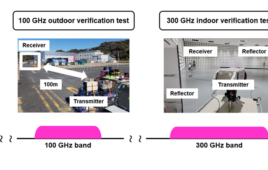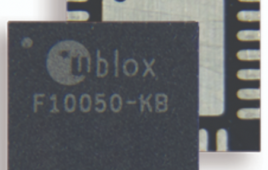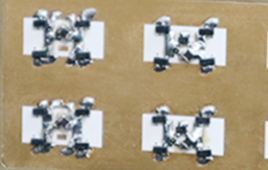Self-driving vehicles are the latest craze in both the tech and automotive industries. Autonomous vehicles are the future, proving that as technology advances, other industries will scramble to keep up. Self-driving cars are complex beasts brimming with technology and interfaces that help it run. For a self-driving car to operate, robotics and hardware platforms need to work in tandem, which is no simple feat. Engineers have struggled for decades to create the perfect recipe between robotic systems and hardware.
According to IEEE Spectrum, more than a decade ago, Willow Garage sought to find a resolution to this problem with the use of the Robot Operating System (ROS), described as “an open-source software framework that manages hardware and software integration and communications while also providing libraries, drivers, and software packages for common robot functionality.” The goal of the software was to allow researchers to focus on solving robotics issues without concern over whether the robot will turn on.
ROS proved to be successful, making its way into research and development for companies working on autonomous vehicles. A startup called Apex.AI has taken the ROS technology and added its own flair with security, stability, and reliability as the framework for commercial autonomous vehicles.
Apex.AI aims to take the early framework of ROS and build a system on top of it that automotive companies can use to develop further technology. It takes the complexity out of the equation, so the main focus is on driving progress.
CEO of Apex.AI Jan Becker says, “We do not reinvent the wheel. Instead, we take ROS, which is a great and established open framework for robotics and autonomous systems R&D, and make it robust and reliable for use in automotive and other safety-critical applications. Specifically, we provide Apex.OS as a robust and reliable version of ROS 2 for safety-critical systems including adequate certification and professional support, both of which is outside of the scope of an open-source project.”
When discussing how Apex.AI software is insusceptible to failure, Becker says, “We use established automotive software development practices which have been used for years in the development of software for small microcontroller-based vehicle computers, such as engine ECUs. We apply these practices to software problems running on larger, more complex computer hardware. In a nutshell, we combine practices for the development of safe and secure software with complex robotics and autonomous driving software development.”
Apex.AI recently secured a U.S. $15.5 million Series A test, and they have just received a license to test their own autonomous vehicles on public roads in California.




